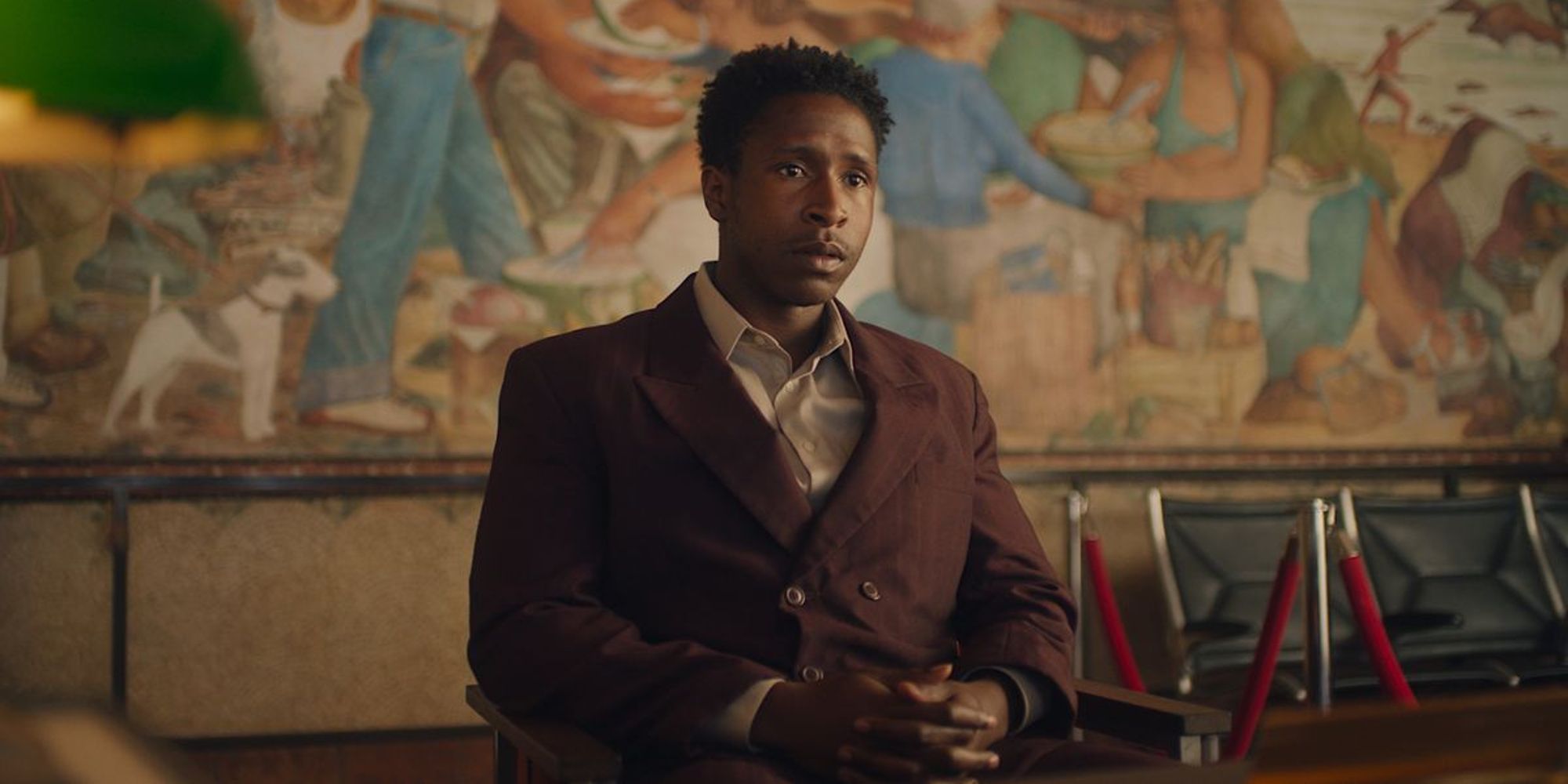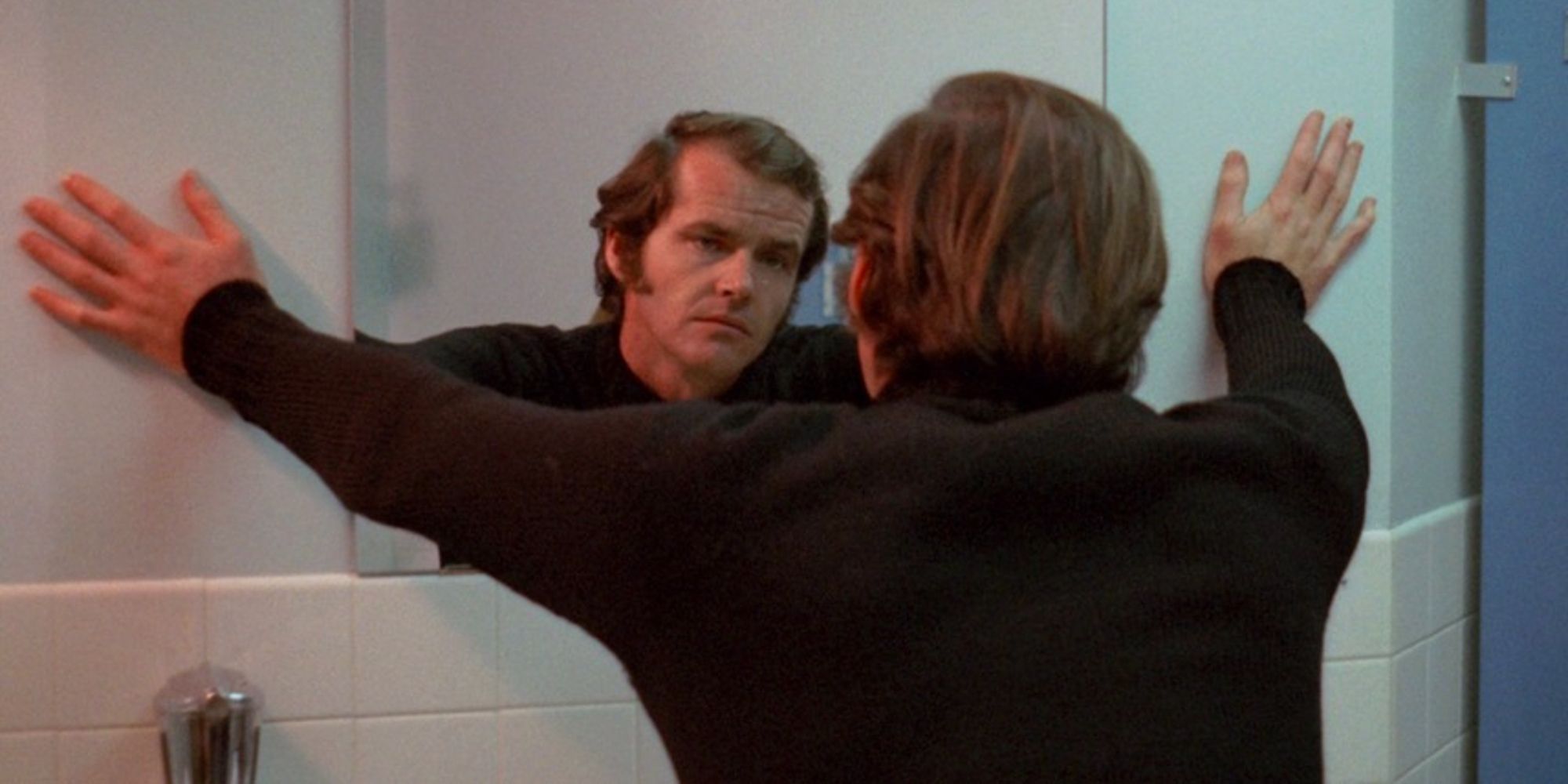
[ad_1]
Movies can often find ways to articulate and capture certain crossroads in life that are otherwise difficult to explain or express. One common snag in life, that has only become more relevant in more recent generations of film, is the quarter-life crisis.
After graduating from college, obtaining your first “real” job, and your own roof over your head, you’ve basically got it all figured out right? The following movies ensure us that’s not always the case, and that we all, to some extent, are still just “figuring it out”.
‘Frances Ha’ (2012)
Frances (Greta Gerwig) is a 27-year-old dancer navigating the tiny apartments and fickle dating scene of contemporary New York City. Like everyone else, she only wants her dreams realized, but, of course, needs to figure out what those dreams are first.
Noah Baumbach’s love letter to soul-searching millennials perfectly captures the sensation of realizing that “growing up” isn’t a single hurdle, but instead a life-long process. The specificity of the script and Gerwig’s grounded performance imbue every frame with a sense of familiarity, making each awkward social interaction both relatable and intimate. Frances’ monologue at a dinner scene summarizes the frustration of longing for human connection without truly knowing one’s self beforehand.
‘Inside Llewyn Davis’ (2013)
In early-60s New York City, struggling musician Llewyn Davis (Oscar Isaac) surfs from couch to couch, getting any gigs he can in an attempt to make it big. Meanwhile, he’s haunted by the passing of his friend/music partner and a past that he hopes won’t get in the way of his future.
Despite being one of the more straight-forward offerings from Joel and Ethan Coen, Inside Llewyn Davis isn’t without its underlying themes and acute observations of everyday life. A late reveal shows that Llewyn’s life has settled into a cycle, due to his habit of cutting corners in an attempt to achieve his dreams. It’s an insightful glimpse at the windows of opportunity we can miss, despite looking everywhere for them at every turn.
‘Office Space’ (1999)
Growing increasingly frustrating with his repetitive and soul-sucking office job, Peter (Ron Livingston) undergoes hypnosis. After the procedure, he becomes wholly relaxed and shows up to work when he pleases, unconcerned of the consequences. Much to Peter’s surprise, he is promoted, which only leads to more unrest among the office’s colorful employees.
One of the most common causes of a quarter-life crisis is the daily grind of the workplace. Holding the title as the ultimate office-set comedy, Office Space uses its combination of absurdist humor and dry wit to capture the existential malaise of the 9-to-5 lifestyle. From those trivial reports your boss won’t stop reminding you of to the uniquely annoying voice of your cubicle neighbor, each and every viewer is bound to find something to relate to in this comedy classic.
‘Punch-Drunk Love’ (2002)
Small business owner Barry Egan (Adam Sandler) goes about his quiet life selling quirky bathroom supplies and collecting pudding coupons for air miles. His life is upended, however, when his loneliness leads him to call a phone-sex line, and the operators entrap him in a credit card scheme.
Under the surface of this quirky rom-com is an intimate look at Sandler’s Barry coming to terms with his unchecked mental health, then wondering if it’s too late to address it. Multiple scenes see Barry simmering, as the commotion of the world apathetically clangs around him. The disorienting stress of grappling with these feelings is beautifully encapsulated in Barry’s proclamation: “I don’t know if there’s anything wrong, because I don’t know how other people are.”
‘Fight Club’ (1999)
Depressed and struggling with insomnia, an unnamed narrator (Edward Norton) meets Tyler Durden (Brad Pitt), with whom he forms a fight club for themselves and other men to exert their pent-up aggression. The fight club expands, however, becoming something beyond the narrator’s control.
In addition to being a commentary on misplaced male rage, David Fincher’s turn-of-the-century masterpiece essentially follows one man’s quarter-life crisis to explosive extremes. Norton blends a relatable self-loathing insecurity with the angst and delusion that plagued Gen-X at the time, creating one of the darker portraits of where life’s crossroads can lead vulnerable people.
‘The Worst Person in the World’ (2021)
After sifting through jobs and partners in her early 20s, Julie (Renate Reinsve) seems to have settled into a rhythm, but still can’t seem to feel satisfied. As complacency settles in with both her relationship and job, Julie sets out on a journey of self-discovery.
The Worst Person in the World takes the well-worn tools of romance and quarter-life crisis films of the past and sharpens them with a modern perspective and naturalistic touch. The film examines the idea that unhappiness doesn’t always have a cause or a reason, and in many cases is just a result of a unique combination of time, place and circumstance. Julie dips her toes into many hypothetical realities throughout the film, delicately showcasing the difficulties and fears that come with breaking your life down before you’re able to rebuild it.
‘High Fidelity’ (2000)
Chicago-based record store owner Rob (John Cusack) is caught off guard when long-term girlfriend Laura (Iben Hjejle) leaves him. Utilizing his knack for top-five music lists, Rob takes a nostalgic journey through his top five old flames to figure out where he went wrong.
In addition to its incredible soundtrack and infectious energy, High Fidelity sets itself apart as a rom-com that’s more about self-discovery than a central romance. Rob (and, in turn, the audience) learns more about himself with each encounter, slowly becoming aware of his own faults, which have not only harmed his relationships, but stunted his emotional growth. Director Stephen Frears seamlessly blends clever comedy with poignant drama, making this cult classic just as relevant and relatable now as it was in 2000.
‘The Last Black Man in San Francisco’ (2019)
San Francisco native Jimmie (Jimmie Fails) and his best friend Mont (Jonathan Majors) stage a scheme to earn back Jimmie’s family home built by his grandfather. In the midst of gentrification and increased pricing, this proves harder than Jimmie could ever anticipate.
An element of transitioning into life’s third decade not often addressed in film is a connection to the place we call home. The Last Black Man in San Francisco beautifully details the sensation of not knowing when to say goodbye to the past, and, when the time comes, how hard that can be. Jimmie’s desperate fight for his family house becomes all the more heartbreaking as he slowly realizes it’ll take more than four walls to make him feel at home again.
‘Scott Pilgrim Vs. The World’ (2010)
Still recovering from his last break-up, slacker Scott Pilgrim (Michael Cera) dates a high schooler and immerses himself in his band to avoid facing his feelings. When the mysterious and beautiful Ramona (Mary Elizabeth Winstead) arrives in his life (first in a dream sequence), however, Scott finds himself in a literal battle for her, and for himself, when he is challenged by her seven evil exes.
Part of moving onto the next phase in life as a 20-something is realizing that you’ve just outgrown certain things. With the help of martial arts showdowns, musical battles, and “demon hipster chicks”, Scott learns this lesson the hard way. Thinking the literal girl of his dreams will solve all of his problems, Scott takes a long and hard road to find that the solution was within himself all along.
‘Five Easy Pieces’ (1970)
Rejecting his upper-class family and background as a classically trained pianist, Bobby Dupea (Jack Nicholson) works as an oil rigger. He is forced to leave and finally reconcile with his past, however, when he gets news that his father has grown severely ill.
Sometimes quarter-life reflection can reveal an uglier side of one’s self, as is the case in this emotionally raw character study. Most of the film’s runtime is spent watching Bobby during horrible things to family and strangers alike, only to culminate in the revelation that his entire life has been spent lashing out at his past. The crushing final shot of the filme leaves us wondering what Bobby will do with this new perspective, or if he’ll even change at all.
[ad_2]
Source link


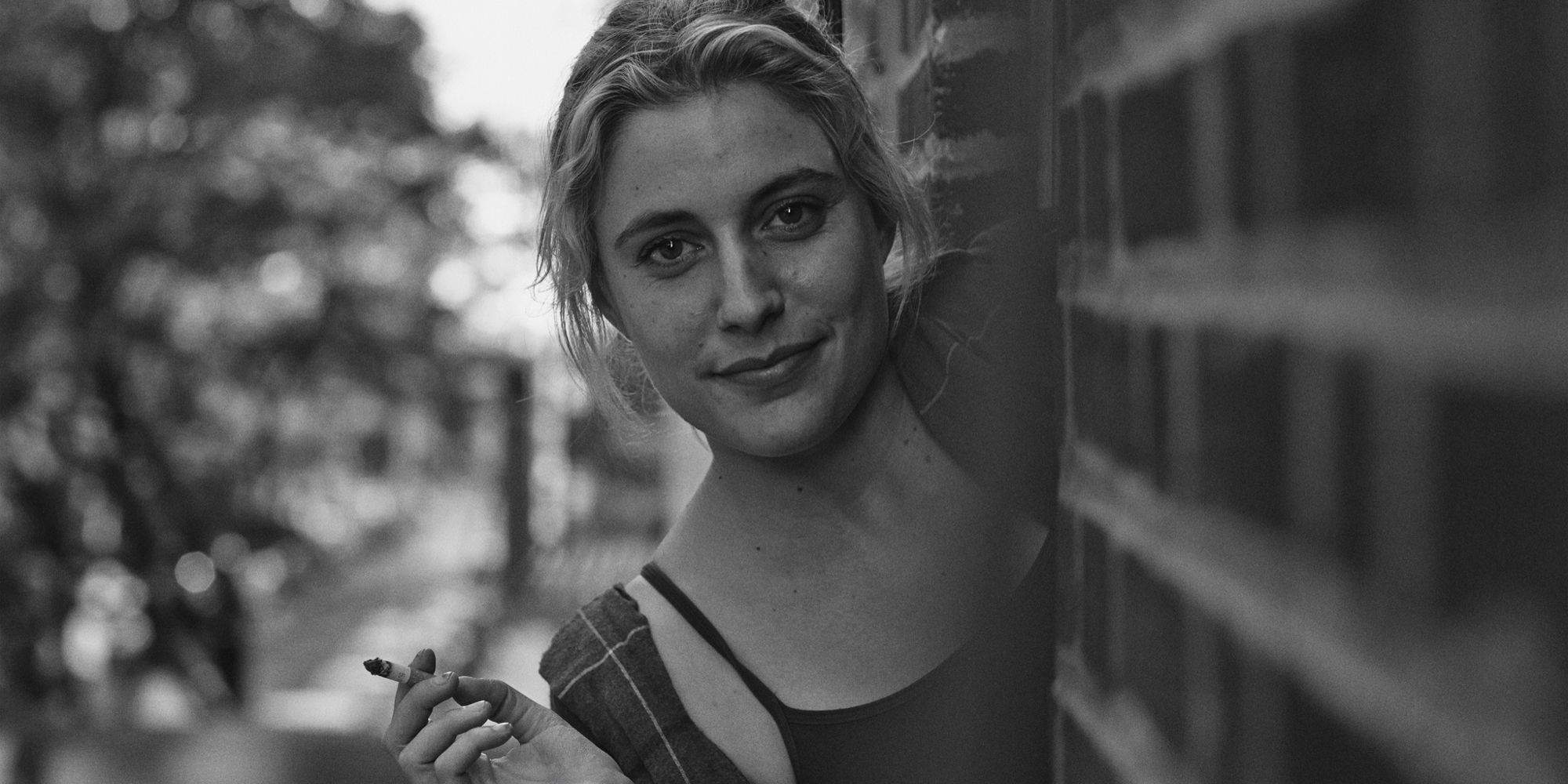

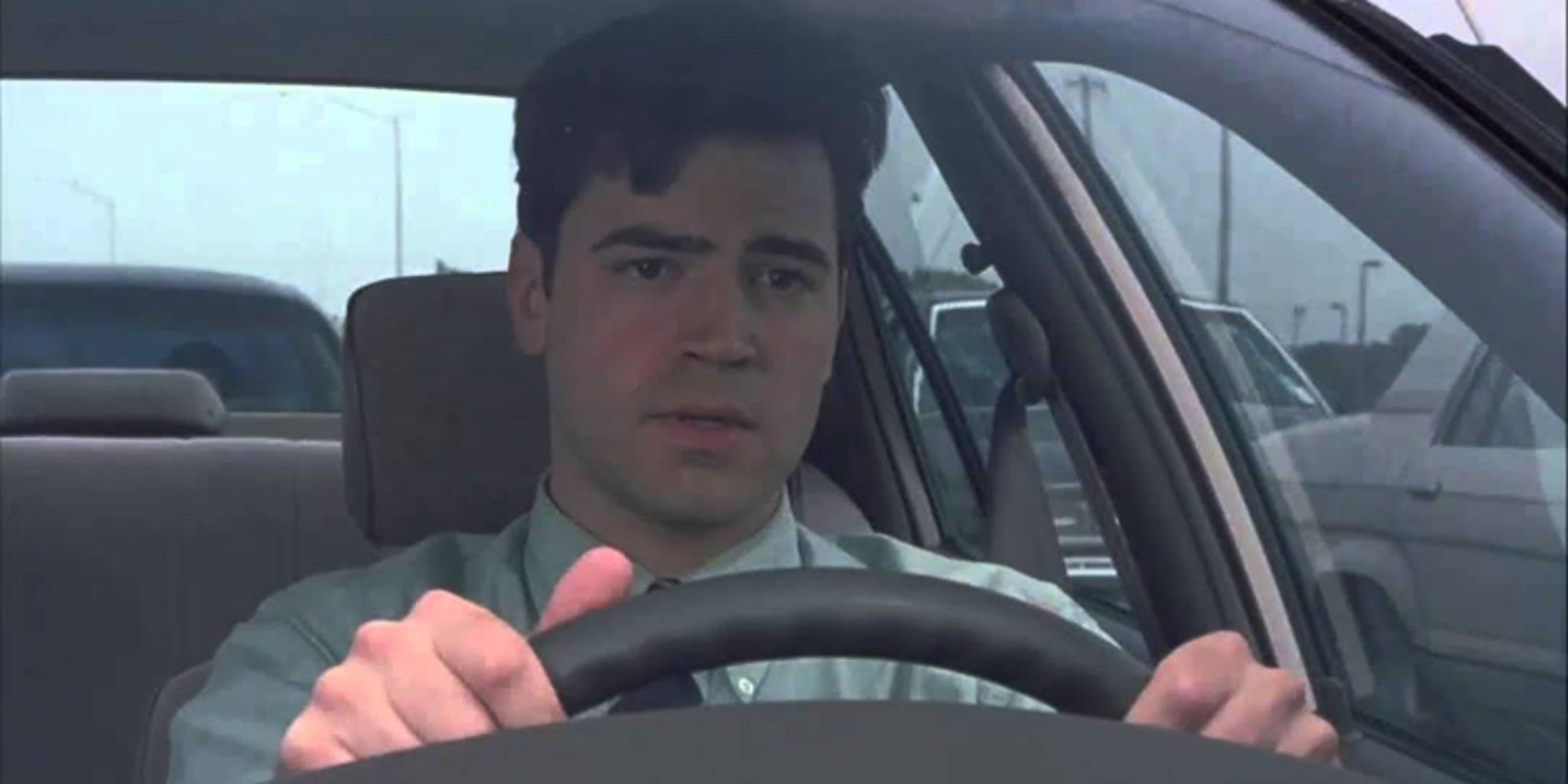

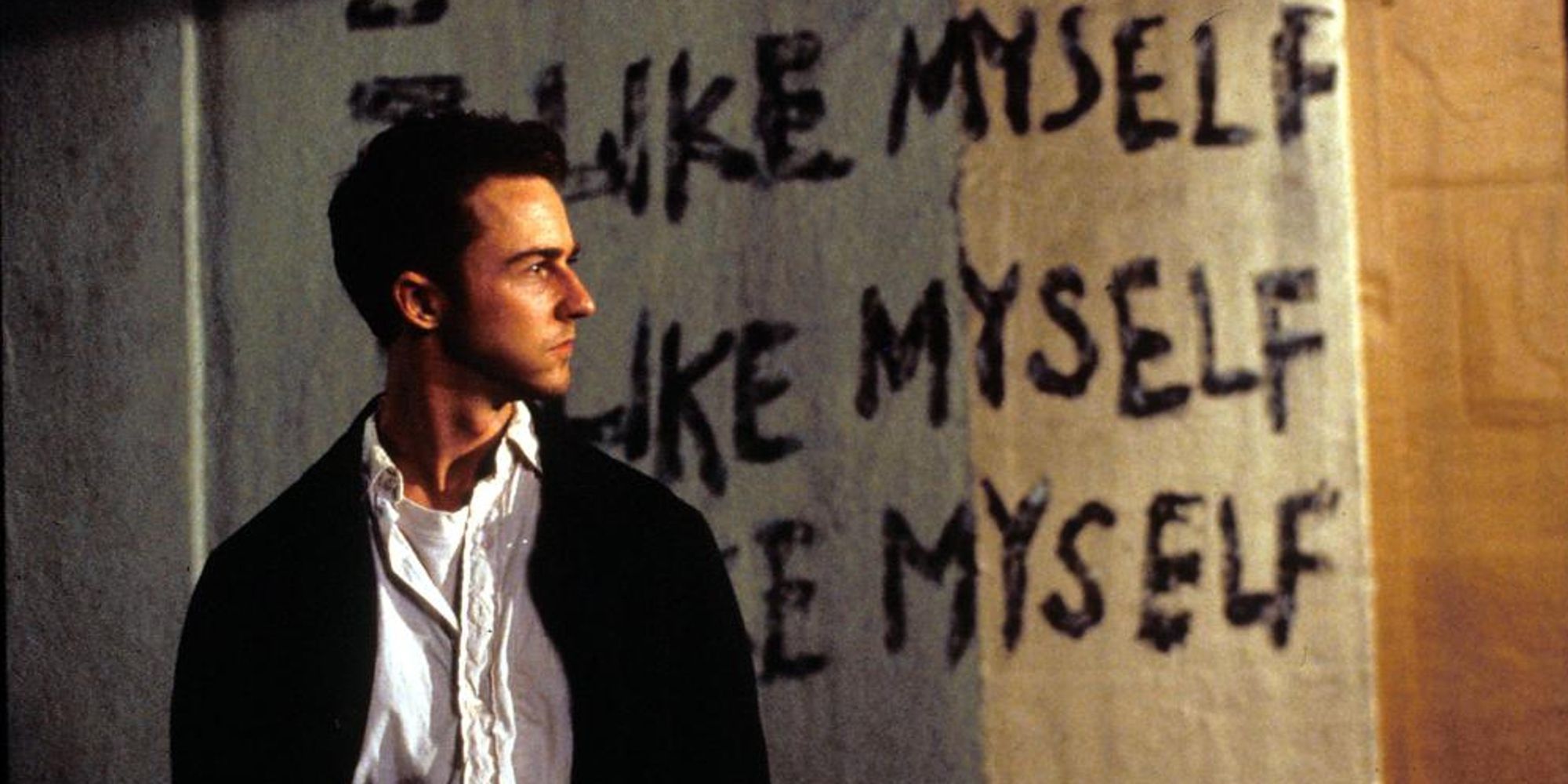

.jpg)
